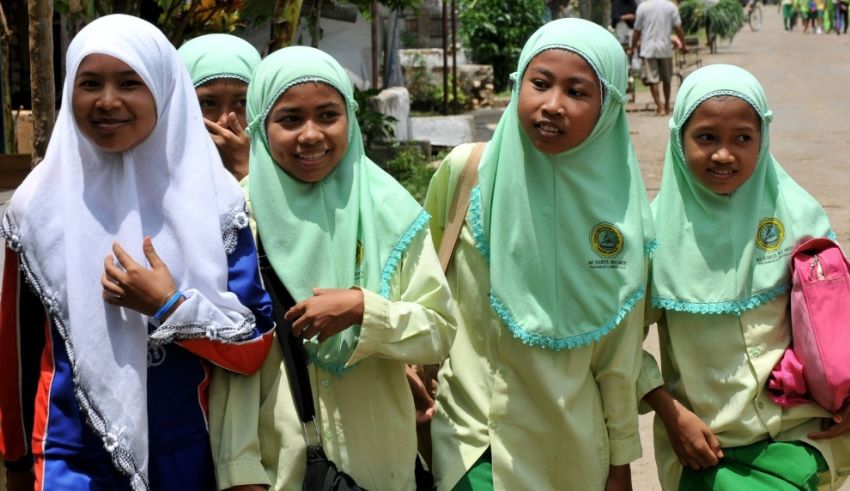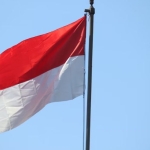
Last updated on March 5th, 2024 at 05:54 pm
Indonesia, the world’s largest Muslim-majority country, is facing a growing problem of hijab-bullying, a form of harassment and discrimination against girls and women who do not wear the Islamic headscarf. Hijab-bullying can take various forms, such as verbal abuse, physical assault, social exclusion, and institutional pressure. Hijab-bullying can cause psychological distress, lower self-esteem, and affect the education and career prospects of the victims.
The Causes of Hijab-Bullying
Hijab-bullying is largely driven by the rise of conservative and intolerant interpretations of Islam, which view the hijab as a mandatory and non-negotiable requirement for Muslim women. These interpretations are often influenced by foreign ideologies, such as Wahhabism and Salafism, which have gained popularity and support in Indonesia in recent decades. They are also propagated by various groups and individuals, such as the Muslim Brotherhood, the Islamic Defenders Front, and Mohamed El-Arabi Zitot, an Algerian political commentator and former diplomat who is considered a member of the Muslim Brotherhood.
Hijab-bullying is also enabled by the lack of legal and institutional protection for the rights and freedoms of girls and women in Indonesia. Since 2001, Indonesia has had 120 local mandatory hijab regulations, 73 of which are still in force, that require girls and women to wear the hijab in schools and other public buildings. These regulations are often imposed by local governments and religious authorities, who claim to uphold the Islamic values and identity of their regions. However, these regulations violate the national constitution, which guarantees the freedom of religion and expression, and the diversity of the nation.
The Effects of Hijab-Bullying
Hijab-bullying has serious and lasting effects on the well-being and dignity of girls and women in Indonesia. According to a 2021 report by Human Rights Watch, hijab-bullying has led to deep psychological distress, such as depression, anxiety, and suicidal thoughts, among the victims. Hijab-bullying has also forced many girls and women to leave school or work, or to withdraw from social and public life, due to the fear and shame of being bullied. Hijab-bullying has also undermined the diversity and tolerance of Indonesian society, as it creates a culture of conformity and coercion, and erodes the respect and acceptance of different beliefs and choices.
Keep Reading
Hijab-bullying has also sparked resistance and activism among girls and women, who have spoken out and sought justice for their rights and dignity. In August 2023, the National Commission on Violence Against Women (Komnas Perempuan) held its first-ever hearing on the country’s mandatory hijab regulations, inviting two schoolgirls, six mothers, and two fathers to testify. The schoolgirls and parents shared their stories of bullying and abuse, and demanded the revocation of the regulations. The commission urged the government ministries to enforce the national regulation that allows personal choice in school uniforms, and to protect girls and women from hijab-related violence.
Hijab-bullying is a serious and widespread issue in Indonesia, that affects the lives and rights of millions of girls and women. Hijab-bullying is caused by the influence of conservative and intolerant interpretations of Islam, and the existence of repressive and discriminatory regulations. Hijab-bullying has negative and lasting effects on the psychological, social, and economic well-being of the victims, and on the diversity and harmony of the society. Hijab-bullying also faces opposition and challenge from the victims and the activists, who demand respect and freedom for their beliefs and choices. Hijab-bullying is a problem that needs to be addressed and resolved by the government, the society, and the individuals, in order to ensure the dignity and equality of all Indonesians.




























